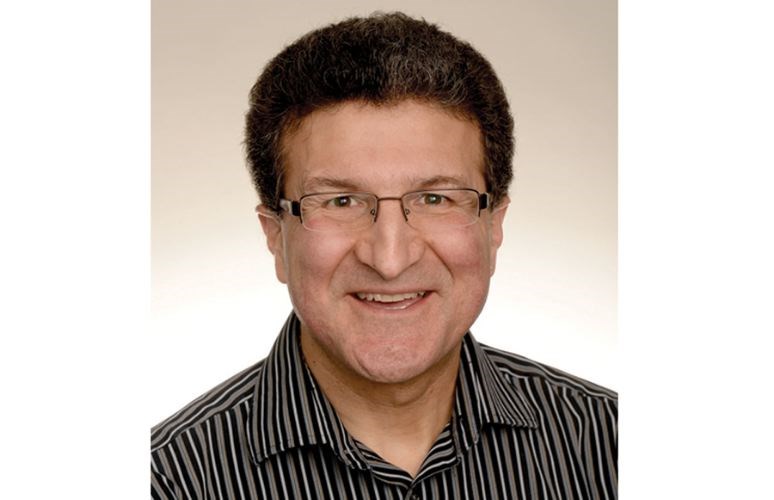Leland Val Van De Wall said, "Observation is power, judgement is weakness."
There is tremendous wisdom in this. If we examine what this statement implies on a societal level, a professional level and a personal level, we can see that Van De Wall is absolutely right.
When we look at the crime rate in our country, judgement tells us to lock "criminals" in prison and throw away the key (judgement).
Observation allows us to take a step back, understand why crime is happening and how it can be prevented. We analyze what draws people to crime and we create positive options for them so that the majority will make good choices and avoid prison.
As a result, we are no longer paying enormous sums of money to keep large numbers of criminals in jail, we able to have more people in our workforce, contributing to society and paying taxes.
If we want to see proof of this idea, analyze countries with high and low incarceration rates, and correlate this to the amount they spend on social programs, especially for children.
In the classroom, this principle of observation can also be applied.
Effective teachers do not conclude that a child isn't doing her work because she won't do it (judgement), they understand that there is a reason why she can't do it (observation).
This could be due to a learning disability, problems at home, or a multitude of other reasons.
It is only by observing and trying to understand the child that we can begin to find strategies that will be effective with this particular person. We can help her find success, build her confidence, and thus actually help the child to move forward and reach her potential.
On a personal level, we can look at our apparent failures in a judgmental way, or we can take a step back, observe our behaviours and come up with effective solutions to move forward in life.
In essence, observation tells us that there is no such thing as failure, there are only apparent setbacks which are actually valuable lessons. If we're playing basketball and miss a shot, we can say to ourselves, "I'm no good!. I have no business playing this sport."
In doing so, we're actually limiting ourselves. There is really nowhere to go, there is no hope.
Observation would tell us that basketball players miss the majority of their shots, and that great players strive for improvement, not perfection. We can take this as a valuable lesson, keep practicing, and move forward.
It is the same in all aspects of life.
In essence, judging is one of the easiest, most spontaneous, yet least effective things that we can do.
If we can take a step back to observe, to look at the big picture, to try to understand what is going on, to study how similar situations have been dealt with effectively in the past, and to come up with new solutions, we can actually turn apparent failures into great successes.
Observation really is power.



